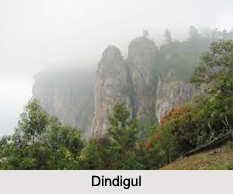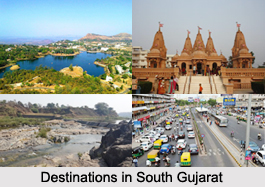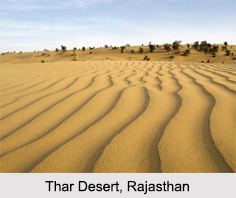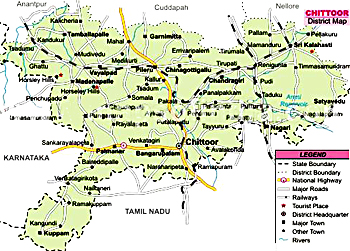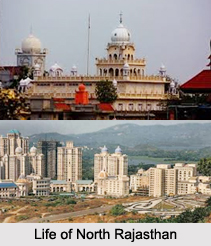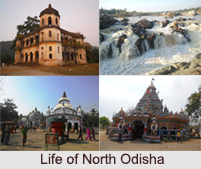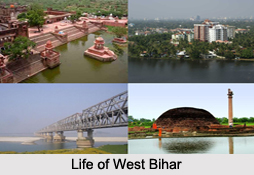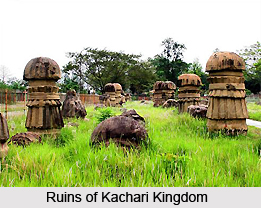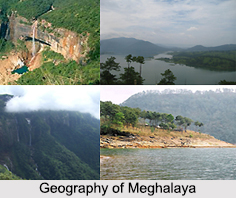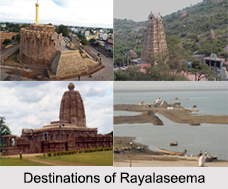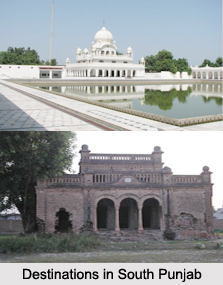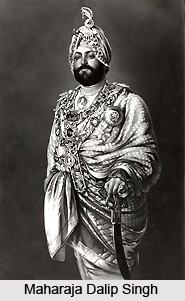 According to the history of Rupnagar District, it is said to have been founded by a Raja called Rokeshar who ruled in the 11th century and named Rupnagar after his son Rup Sen. The recent excavations carried out at Rupnagar District have proved that this town was the seat of well developed Indus Valley Civilization. In protohistoric Punjab perhaps Rupnagar is the only known excavation site which can claim the status of a small town or city. These recent excavations consists of earthen bares, statues, coins, etc. That proves that the city dates back to Harappa and Mohenjodaro civilization which crossed Sutlej River. In the excavations many things that have been found belonged to Chandragupta Maurya, Kushan and Mughal periods. Rupnagar District was formed on 1st of November, 1966 after the re-organization of the state.
According to the history of Rupnagar District, it is said to have been founded by a Raja called Rokeshar who ruled in the 11th century and named Rupnagar after his son Rup Sen. The recent excavations carried out at Rupnagar District have proved that this town was the seat of well developed Indus Valley Civilization. In protohistoric Punjab perhaps Rupnagar is the only known excavation site which can claim the status of a small town or city. These recent excavations consists of earthen bares, statues, coins, etc. That proves that the city dates back to Harappa and Mohenjodaro civilization which crossed Sutlej River. In the excavations many things that have been found belonged to Chandragupta Maurya, Kushan and Mughal periods. Rupnagar District was formed on 1st of November, 1966 after the re-organization of the state.
Many historians are of the view that when the first man descended from the mountains in the North to plains, they settled down at Ropar. History of Rupnagar District states that S. Hari Singh Rais of Sialba conquered Ropar in 1763 AD and established his state. His son Charat Singh made Ropar capital of the state. After the fall of Sirhind in 1763, Rupnagar came under the authority of Sikhs Chief Hari Singh. The most famous ruler of Ropar state was Raja Bhup Singh, who fought in the Anglo Sikhs war of 1945 on the side of Maharaja Dalip Singh. Consequently, after the victory of the British, Ropar state of Raja Bhup Singh was confiscated.
The history of Rupnagar District is in fact about the war of Guru Gobind Singh against Mughal tyranny, exploiters and social evils. One of the most important historical places in this district is Kiratpur Sahib situated on the banks of the river Sutlej. This town was established by Guru Har Gobind after buying land from Raja Tara Chand of Kehloor. It is said that Guru Nanak made profess regarding the establishment of this place. It is here at this place that Guru Nanak Dev met saint Buddan Shah. Anandpur Sahib, a historical town in Rupnagar District was founded by 9th Guru of Sikhs Guru Tegh Bahadur after buying land in Makowal in 1723 AD. Further it was at Anandpur Sahib in Rupnagar District that Guru Gobind Singh created Khalsa in 1699 on Baisakhi and that brought about a cultural revolution.







